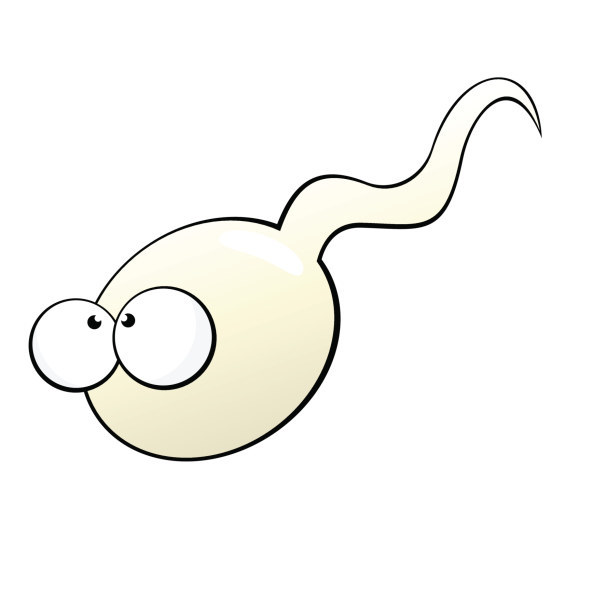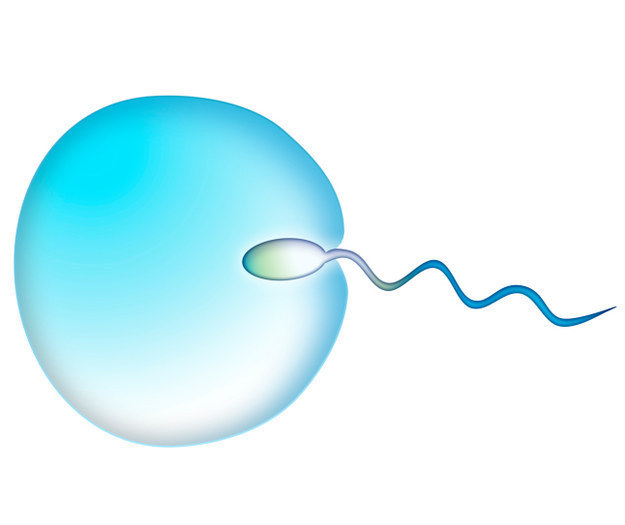
Heads up: This story addresses fertility issues that specifically apply to cisgender men and women. Cisgender means that you identify with the gender you were assigned at birth. Here is Part 2 of this story: 20 Things Transgender People Should Know About Having Kids.
1. If you think you might ever want kids, you should start thinking about it and planning for it in your twenties.

2. Fertility issues can affect both men and women. It's a couple's issue, not just a woman's problem.

3. It can take a while to get pregnant, even for young, fertile, healthy couples.
4. If you think that you might put off having kids until your mid- to late-thirties, you should get an evaluation well before that to find out if that's a viable option for you.
5. Doctors can perform a blood test to check on your egg reserve, and you can get it anytime.
6. One in eight couples have trouble with fertility.
7. If you're a woman under 35 and trying to get pregnant, you and your partner should try for a year before going to see a specialist for help. If you're 35 or over, seek help from a specialist after six months.
8. If you're a woman 40 or over and trying to get pregnant, you should probably go to a specialist at the outset, to learn more about your odds and your options.
9. Age is a major factor, even if you're in perfect health.
10. Other factors and influences can make your age a bigger deal.
11. Here are some lifestyle factors that can play a role:

12. And here are some health conditions that can also make it harder to conceive:
13. Your mom's pregnancy and menopause history might be able to tell you something about your own fertility.
14. And STIs can impact your fertility, so if you've ever had one, you should talk to your doctor about what that might mean.
15. Technology is wonderful, but it's not a sure thing.
16. You never know what other people have been through to get pregnant, and you shouldn't compare yourself to them.
17. If you're going to freeze your eggs, the best time to do it is in your twenties or early thirties.
18. Egg-freezing as an elective procedure is still considered "experimental."

19. Age impacts sperm, also.
20. Problems with sperm count and motility can sometimes be fixed with a simple operation, or even some small lifestyle changes.
21. Don't assume that a year of not getting pregnant means that you won't ever have babies.
22. Bottom line: if you know you want to conceive one day, you should start thinking about and planning for that early.
Part 2 of this post, 20 Things Transgender People Should Know About Having Kids, is now live.
